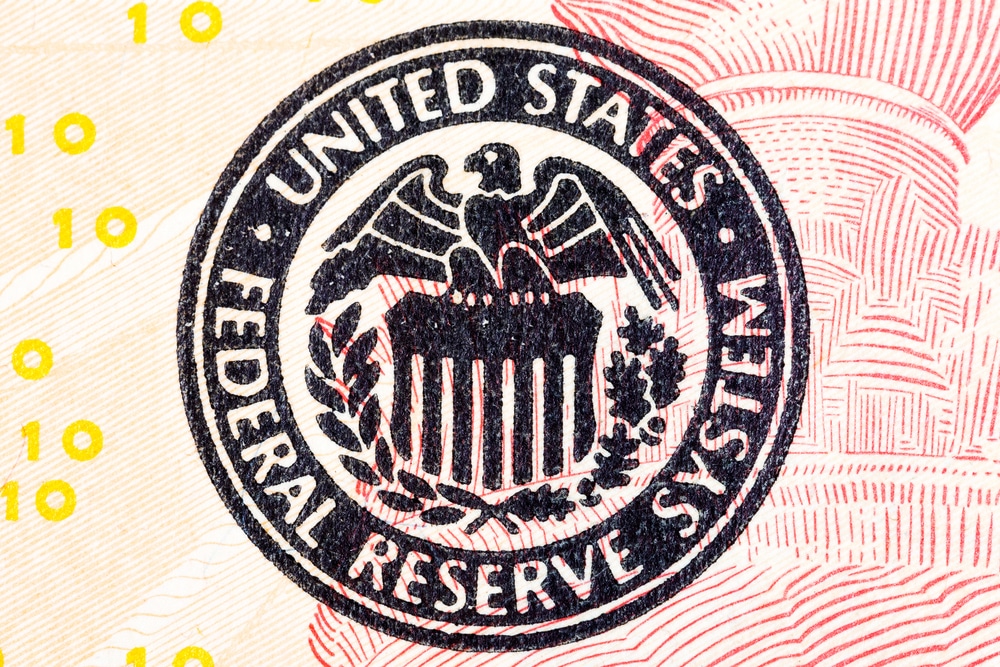
The US dollar continued to fall in the foreign exchange markets on Tuesday after the effects of a significant move from the Federal Reserve began to take hold.
The Fed, which is the central bank of the US, announced on Monday that it would be purchasing a wide range of bonds.
As well as buying up corporate bonds, the bank also revealed that it would be guaranteeing a wide range of loans to firms.
It also said that it would be researching a mechanism to open up lines of credit to SMEs, or small to medium-sized enterprises.
By Tuesday, it had become clear that the dollar was going to be significantly hit by the decision.
In the dollar index, which is an artificial tool used by traders to monitor how the greenback is performing against a collection of its major rivals, the currency was down by almost half a percentage point.
It was spotted at 101.71 at one stage, which was a far cry from the position of 102.99 it saw last Friday.
This latter position was its best for three years – suggesting that the most recent declines would prove to be significant.
The next issue for the dollar will be whether or not the US Senate passes a stimulus package designed to bring the US economy back to life in the face of the unprecedented coronavirus pandemic.
It is understood that the country’s Senate may be on the verge of approving a package at some point soon.
The package is expected to be worth $2tn.
Elsewhere around the world, the single European currency was able to rise in its pair against the US dollar.
It was up by just over 0.8% at one stage, reaching $1.0809.
The British pound, which has experienced a range of problems both in recent weeks due to the coronavirus and also long-term due to Brexit, surged by 1.72% in its pair against the US dollar.
At one stage it was spotted at $1.1747.
The Australian dollar, which has experienced a significant long-term drop in recent months but recently began to recover, continued to stage its return to high levels.
It was up by 1.53% in its pair against the US dollar, reaching $0.5916 at one point.
This was a significant return from its 17-year low point of $0.5510, which it saw last week.
As trading came to a close on Tuesday, the coronavirus was continuing to wreak havoc on the international foreign exchange markets.
Tuesday brought more information about the lockdown in the UK, including clarification from the government about what constitutes permissible reasons to leave the house.
In the US, meanwhile, there was a significant increase in cases.
However, the stock market appeared to rise despite this news.
Stocks were up by over 11% over the course of the day ahead of the apparent proximity of the arrival of a stimulus package – although as of Tuesday evening there was still no clear sign of this occurring.
 Between 74-89% of CFD traders lose
Between 74-89% of CFD traders lose  Your capital is at risk
Your capital is at risk  Your capital is at risk
Your capital is at risk  Your capital is at risk
Your capital is at risk